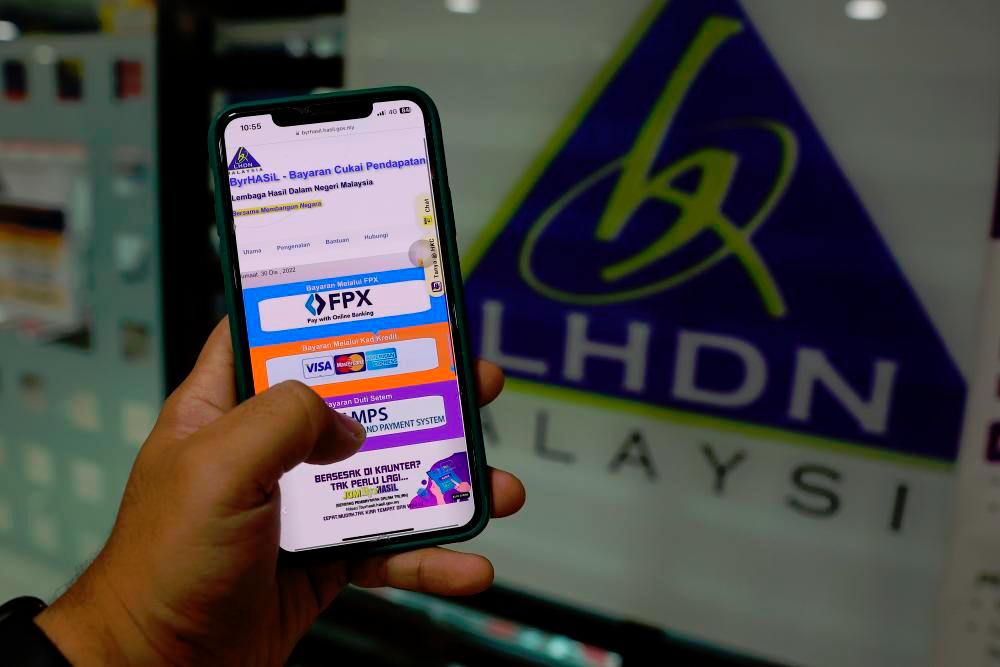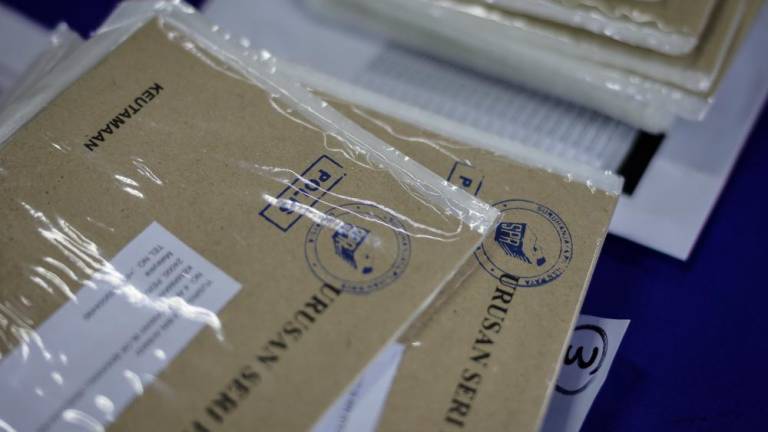IT IS the time of the year for individuals to file their tax returns.
Personal tax returns of individuals not carrying on a business will be due by April 30. However, as a concession, the Inland Revenue Board (IRB) has extended the filing deadline for submissions done by way of an electronic medium or by way of electronic transmission to May 15. If you miss the deadline, there will be a penalty for late submission.
Should everyone file a tax return?
Employees who only earn employment income which have been subjected to monthly tax deduction need not submit any tax returns as their taxes deducted under the monthly tax deduction scheme will be regarded as the final tax. Individuals who do not have any taxable income or are below the taxable income thresholds need not file tax returns.
However, if an individual has been filing tax returns in the past and in the current year they are not required to file tax returns, it is still advisable to file a NIL tax return in case they come back to a taxable situation in the future years.
Even if you are an employee already subject to monthly tax deduction, it is still advisable to file a tax return to ensure that you get a complete benefit of any tax reliefs available, because it is possible under the monthly tax deduction, all your reliefs may not have been taken into account.
Tax reliefs available for year of assessment 2023
All reliefs are available in the e-filing system. Once you enter the e-filing system, the information on the tax reliefs is automatically displayed and it is easy to pick the ones that you are entitled to. In addition to the existing reliefs, the new reliefs available for year of assessment 2023 is the increase and expansion of relief for medical expenses for self, spouse, and child, extension of relief for childcare centre and expansion of the tax treatment of donations.
Please note that you can no longer claim a special tax relief of an additional RM2,500 for the purchase of personal computer, smartphone or tablets for own use. This will be limited to RM2,500 under the existing lifestyle relief.
Keeping records
It is compulsory under the law to keep the relevant bills to support your relief claims for a period of seven years. In any tax audit, you will be asked to produce the underlying records supporting your claims, and in the event you are unable to produce these records, your relief claims will be denied and you will be subjected to penalties on the grounds that you have underpaid your taxes.
All donations you wish to claim tax deductions should be supported with Section 44(6) receipts issued by the approved charitable body or institutions.
Other matters to be declared
The tax return form is now requesting you to declare whether you have foreign bank accounts, and whether you have remitted any foreign-sourced income which is exempted from Malaysian tax into Malaysia. You have no choice but to answer these questions honestly, otherwise your return will be incorrect.
It is possible that this information could trigger questions from the IRB on the source of the funds and may lead to the individual being requested to explain how the overseas source was funded and in certain cases, may lead to a request for capital statements to be provided by the individual.
In case you have foreign bank accounts, or you are remitting overseas funds into Malaysia, be prepared to explain the source of the funds and whether the amounts remitted have already been subjected to tax overseas in a country where the headline tax rate exceeds 15%.
If you happen to be a high net worth individual whose net assets could run into millions, it is advisable to be prepared for any scrutiny by the IRB with a capital statement explaining the growth in your wealth and the source of your overseas funds.
This article is contributed by Thannees Tax Consulting Services Sdn Bhd managing director SM Thanneermalai (www.thannees.com).










